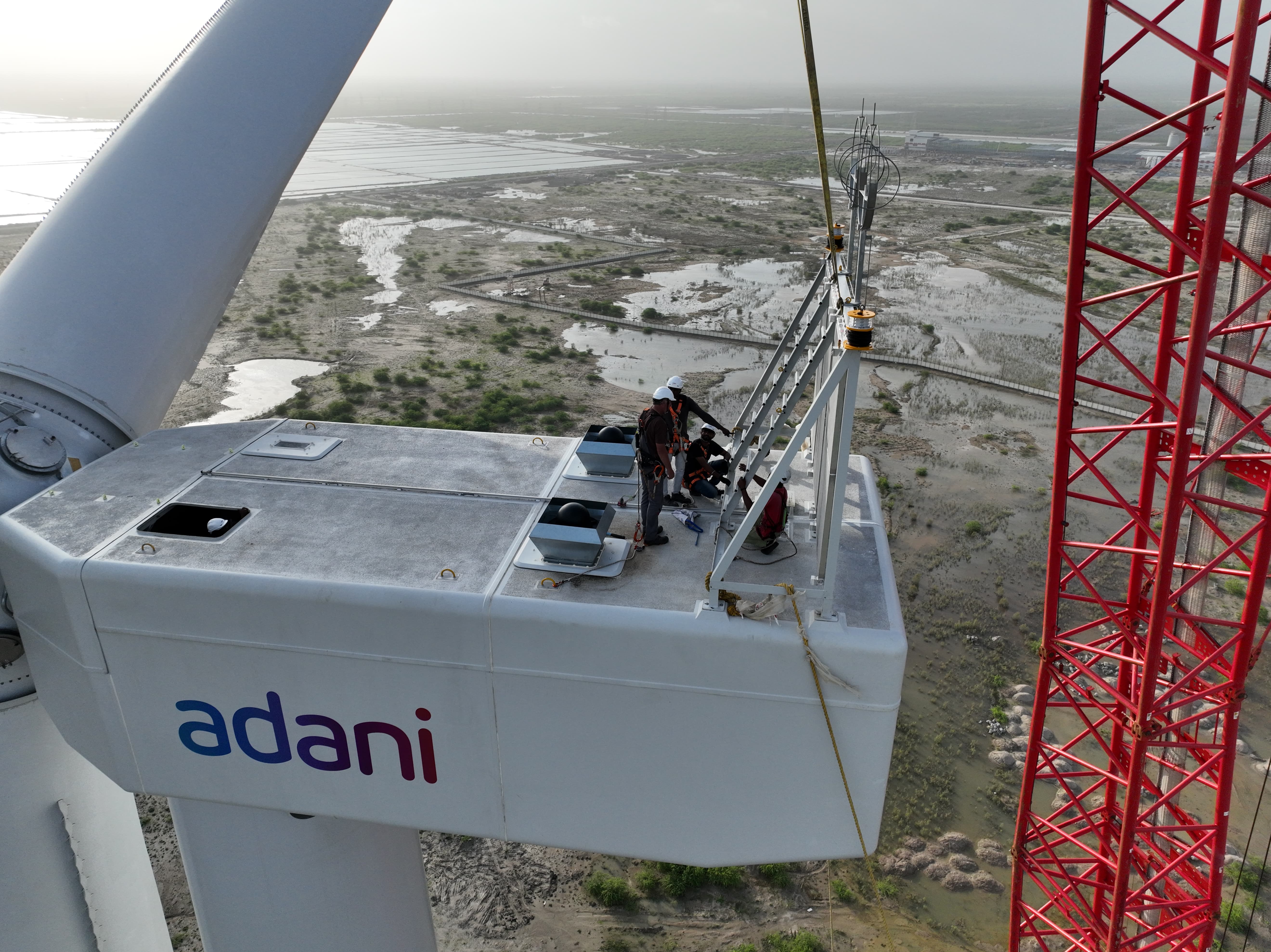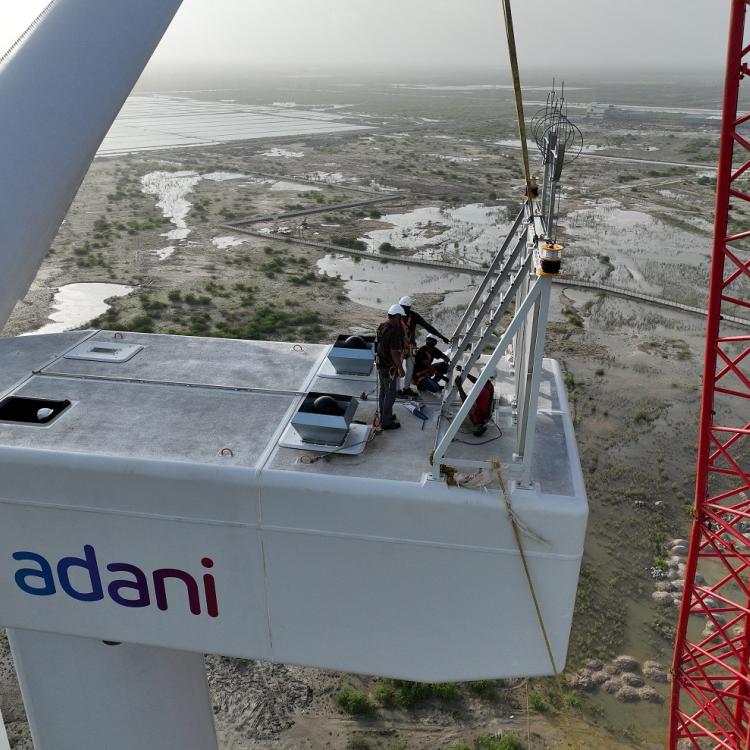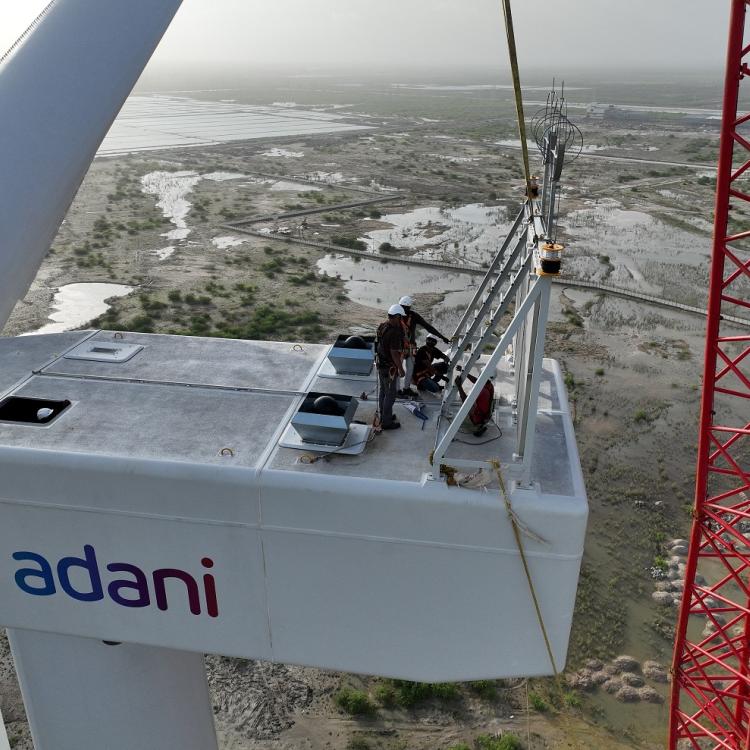
Former Sri Lankan president Ranil Wickremesinghe has called for closer cooperation with India’s Adani Group and other foreign investors, stating that such partnerships are essential for Sri Lanka's economic recovery.
Speaking at the launch of book authored by former Minister Bandula Gunawardene, Wickremesinghe emphasised the need to attract Indian investment, particularly in the renewable energy sector.
“Our government introduced a range of power purchase prices when negotiating with Adani. The purchase price ranged from US cents 2 to 8. What the present government did was to go out of this range,” said Wickremesinghe. “Many investors who were keen on starting up renewable power plants expressed their interests after the coming of Adani. We have to safeguard these investors if we want to achieve a growth of our economy.”
“We have an opportunity in our hands as Indian Prime Minister Narendra Modi is keen on purchasing renewable energy from Sri Lanka. We have to work with India and its investors if we are to achieve a growth of our economy,” he added.
Wickremesinghe also urged the country to follow the examples of India and China, which he claimed had relied on external sources for energy development.
“Sri Lanka has no choice but to obtain energy from outside as there is no capital and technology in this country,” he stated.
Wickremesinghe’s remarks come amid a continued deadlock between the Sri Lankan government and Adani Group over a $442 million wind power project in the Tamil region of Mannar and Pooneryn. The project, spearheaded by Adani Green Energy Limited, has stalled due to a pricing dispute.
Adani had proposed an electricity tariff of 8.26 US cents per kilowatt-hour, but the current government has pushed for a lower rate of 6 US cents, citing concerns about affordability and value. Adani has refused to reduce the tariff, maintaining that the original terms reflect the true cost and value of the project.
The original agreement, which was signed during Wickremesinghe’s tenure, had already attracted criticism over its lack of public disclosure and potential environmental impact.
Compounding the controversy are allegations of corruption involving Adani Group executives. In November 2024, U.S. authorities accused the company of engaging in a bribery scheme to secure power contracts in India. While Adani has denied the allegations, they have intensified global scrutiny of the conglomerate’s energy ventures — including in Sri Lanka.


